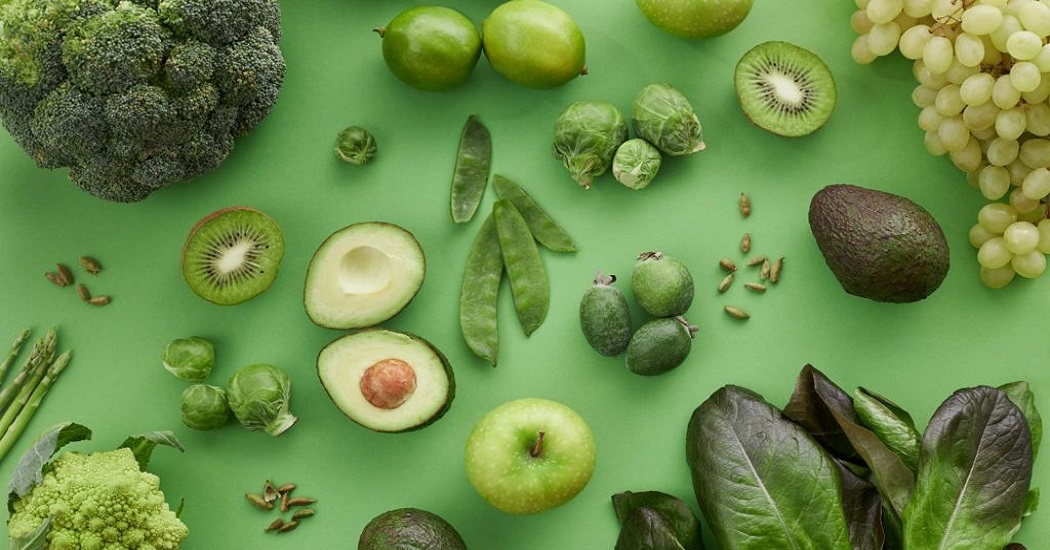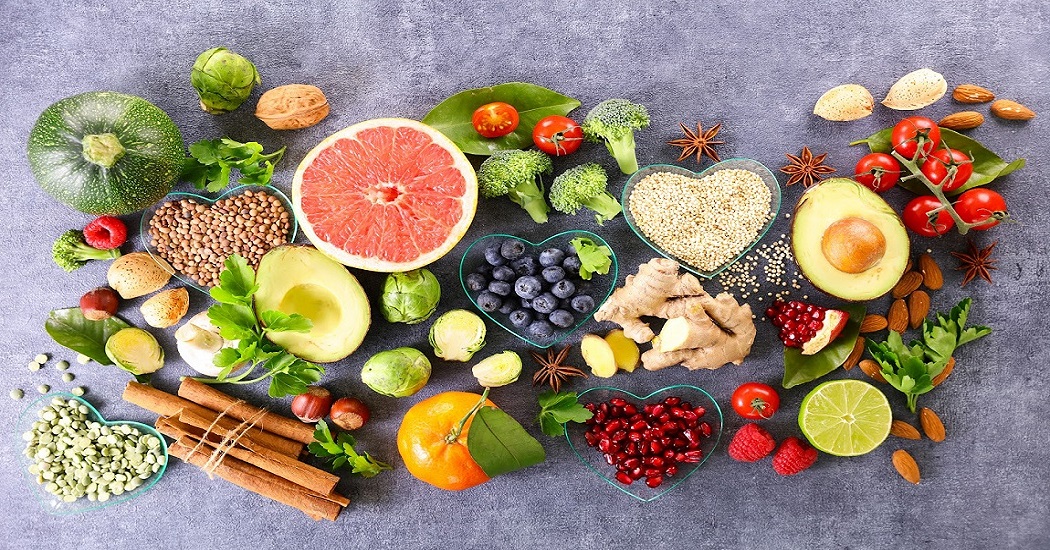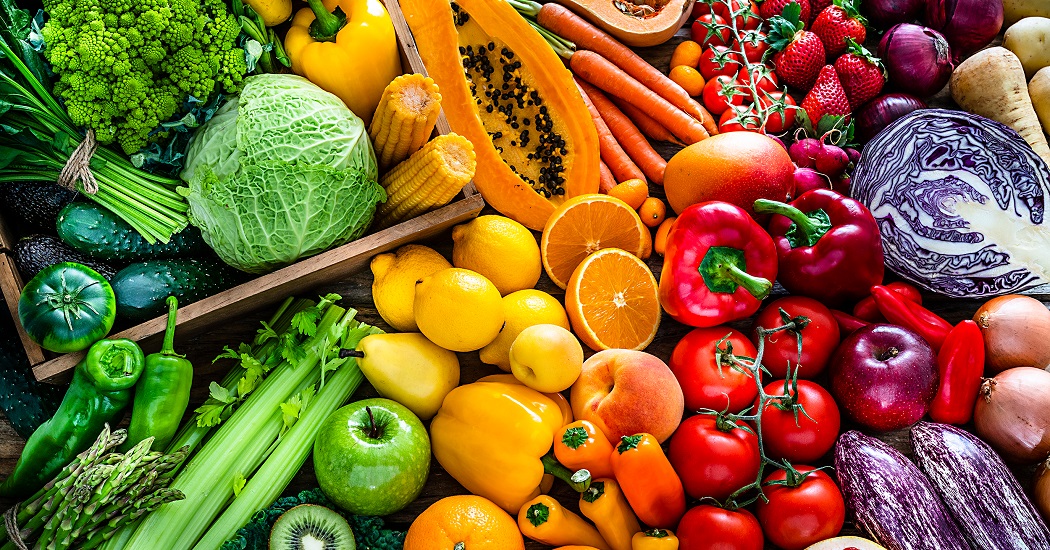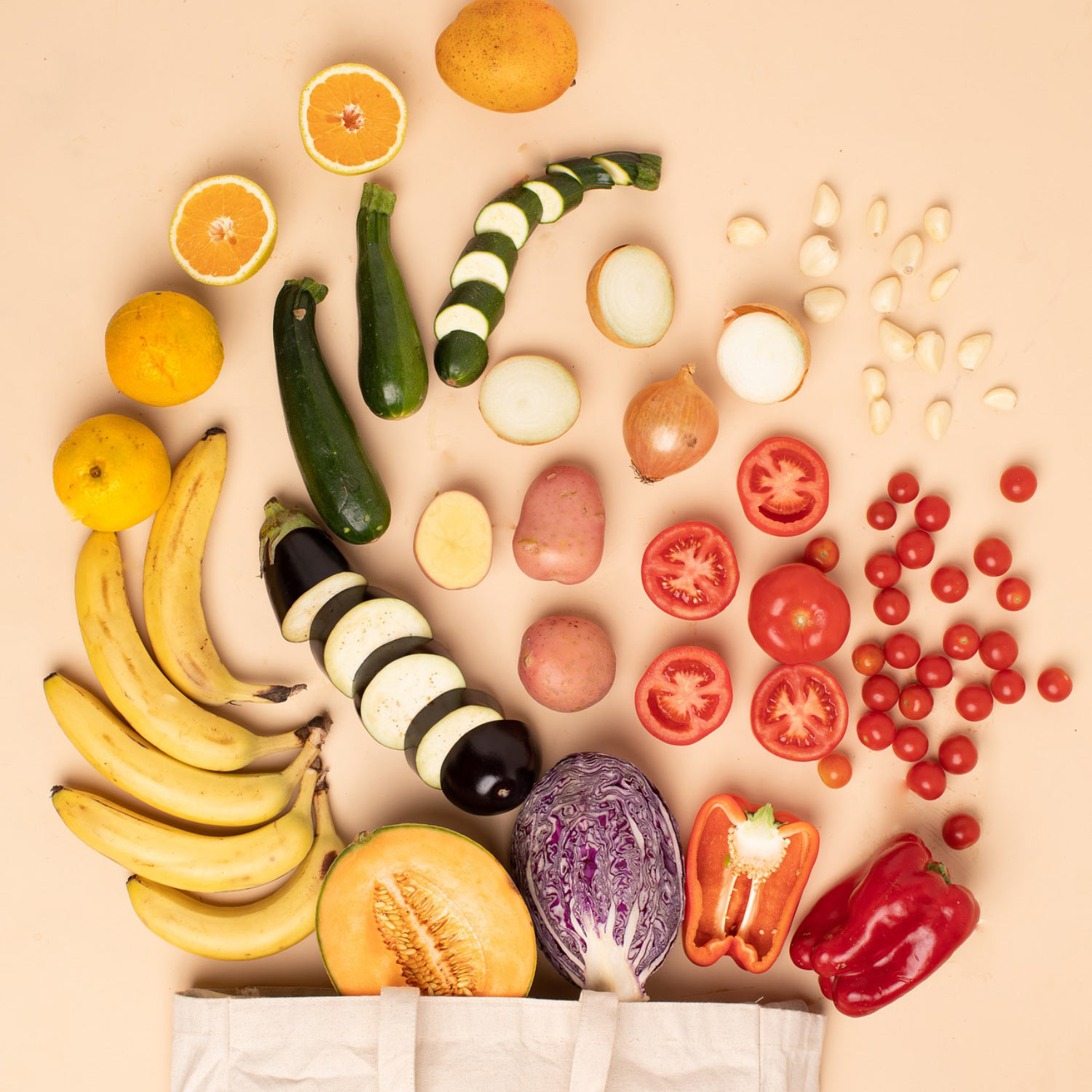Introduction
Eating a balanced diet is crucial for maintaining good health, and fruits and vegetables play a significant role in achieving this balance. They are packed with essential nutrients that support various bodily functions and contribute to overall well-being. Let’s dive into the many reasons why fruits and vegetables are so important.

Nutritional Benefits of Fruits and Vegetables
Rich in Vitamins and Minerals
Fruits and vegetables are nature’s multivitamins. They are rich in essential vitamins like Vitamin C, Vitamin A, and various B vitamins, as well as minerals such as potassium, magnesium, and calcium. These nutrients are vital for maintaining healthy bodily functions, from bone health to immune support.
High Fiber Content
One of the standout features of fruits and vegetables is their high fiber content. Fiber is crucial for digestive health, helping to keep our system regular and preventing constipation. It also plays a role in maintaining a healthy weight and lowering the risk of diabetes and heart disease.
Low in Calories and Fat
Fruits and vegetables are typically low in calories and fat, making them an excellent choice for those looking to manage their weight. They provide the body with essential nutrients without adding too many calories, which helps maintain a healthy weight and prevent obesity-related diseases.

Health Benefits
Boosting the Immune System
Regular consumption of fruits and vegetables can boost your immune system. Nutrients like Vitamin C and antioxidants found in many fruits and vegetables help strengthen the immune system, making it easier for the body to fight off infections and illnesses.
Improving Digestion
The high fiber content fruits and vegetables aids in digestion. Fiber adds bulk to the stool and helps it pass more easily through the digestive system, preventing constipation and promoting a healthy gut.
Reducing the Risk of Chronic Diseases
Eating plenty of fruits and vegetables can lower the risk of developing chronic diseases such as heart disease, stroke, and certain cancers. The antioxidants and phytochemicals found in these foods help protect the body from harmful free radicals and reduce inflammation.
Role in Weight Management
Low-Calorie Foods
Because they are low in calories, fruits and vegetables are perfect for those looking to lose or maintain weight. You can eat them in large quantities without consuming too many calories, making them a filling and nutritious choice.

Keeping You Full Longer
The fiber in fruits and vegetables helps you feel full longer, which can prevent overeating and reduce cravings for unhealthy snacks. This makes it easier to stick to a healthy diet and maintain a healthy weight.
Mental Health Benefits
Reducing Stress and Anxiety
Certain fruits and vegetables have been shown to reduce stress and anxiety. For example, leafy greens contain magnesium, which can help regulate cortisol levels, the body’s stress hormone.
Enhancing Mood
A diet rich in fruits and vegetables can enhance your mood and overall sense of well-being. The vitamins and minerals in these foods support brain health and can improve mood regulation.
Impact on Skin Health
Providing Essential Nutrients
Fruits and vegetables provide essential nutrients that promote healthy skin. For example, Vitamin C is crucial for collagen production, which helps keep skin firm and youthful.
Promoting Healthy Skin
Antioxidants in fruits and vegetables help protect the skin from damage caused by free radicals and can reduce the signs of aging. Eating a variety of these foods can lead to clearer, more radiant skin.
Versatility in Diet
Different Ways to Incorporate Fruits and Vegetables
Fruits and vegetables can be incorporated into your diet in many ways. You can eat them raw, cooked, juiced, or blended in smoothies. This versatility makes it easy to include them in every meal.
Seasonal Availability
There are fruits and vegetables available for every season, so you can enjoy fresh produce all year round. Eating seasonally also ensures that you get the best-tasting and most nutritious options.
Environmental Benefits
Sustainable Farming Practices
Many fruits and vegetables are grown using sustainable farming practices that help protect the environment. Choosing locally grown produce supports these practices and reduces your carbon footprint.

Reducing Carbon Footprint
Eating more fruits and vegetables and less meat can significantly reduce your carbon footprint. Plant-based diets require fewer resources and generate less greenhouse gas emissions.
Economic Impact
Supporting Local Farmers
Buying fruits and vegetables from local farmers helps support the local economy. It ensures that farmers get fair prices for their produce and helps sustain local agriculture.
Reducing Healthcare Costs
A diet rich in fruits and vegetables can lead to better health outcomes, which can reduce healthcare costs in the long run. Fewer medical bills mean more savings for individuals and society as a whole.
Conclusion
They provide essential nutrients, help prevent chronic diseases, and offer numerous other benefits. By incorporating more of these foods into your diet, you can improve your overall well-being and support a healthier, more sustainable lifestyle.
FAQs
How many servings fruits and vegetables should I eat daily rutine?
You should aim for at least five servings of fruits and vegetables each day to get a variety of nutrients.
Can I get the same nutrients from supplements?
While supplements can help, it’s best to get your nutrients from whole foods for better absorption and additional benefits.
Are frozen fruits and vegetables are healthy as fresh ones?
Yes, frozen fruits and vegetables can be just as nutritious as fresh ones since they are often frozen at peak ripeness.
How can I make fruits and vegetables more appealing kids?
Try incorporating them into fun recipes, like smoothies or fruit kebabs, and involve kids in the preparation process.
What are some easy ways to include more fruits and vegetables in my diet?
Add them to every meal, snack on raw fruits and veggies, and try new recipes that highlight these nutritious foods.